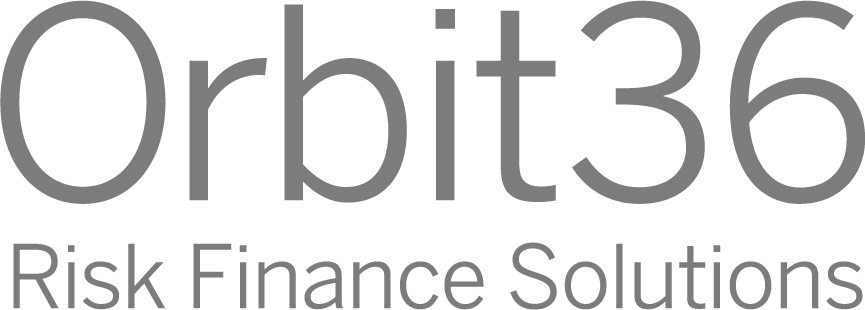Orbit36 cited in the Wall Street Journal

Orbit36 and Andreas Ita feel very honored to be quoted in the September 22, 2021 edition of the Wall Street Journal.
The excellent article “Credit Suisse’s Archegos Disaster Exposes Cracks in Bank Regulation” highlights a crucial gap in the regulatory oversight of big banks. The common practice of booking client trades across different legal entities creates blurred responsibilities amongst supervisory authorities in different locations.
The WSJ article raises a number of important aspects that we highlighted in our series of blog articles
Credit Suisse’s Archegos case – fundamental questions remain unanswered
Did the UK regulator disable the alert system on Archegos trades?
Credit Suisse booked most of its Archegos trades through its London arm. The bank’s UK entity Credit Suisse International is used as a global hub for derivatives. The transactions with Archegos were arranged by traders in the U.S., but remotely booked into the UK entity. The risk was subsequently transferred back into the U.S.. While this practice allows banks to achieve economies of scale and capital savings, it also creates significant risk.
The remote booking structure used by Credit Suisse avoided the trades routed through the UK entity to be captured by the Federal Reserve stress tests. We estimate that the USD 20bn counterparty risk exposure with Archegos would have resulted in a hypothetical stress loss of approximately USD 3.7bn if the positions were booked directly in a U.S. entity.
The supervisory regime for stress testing and cross-border transactions needs to be reviewed in our view.
Orbit36 has the competency and experience to help banks, auditors and supervisors to identify risks arising from the complex legal entity booking structure in large international financial institutions.
